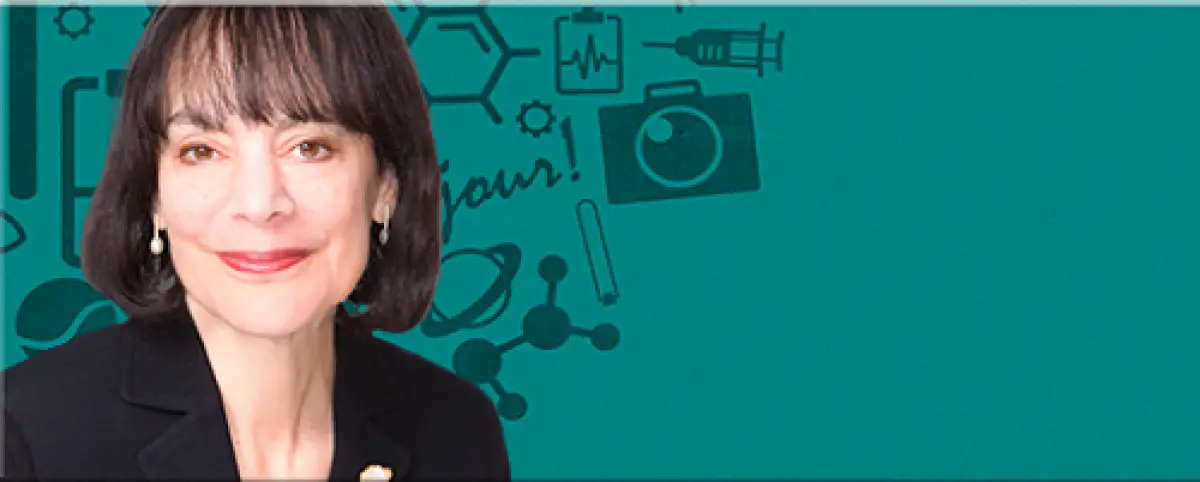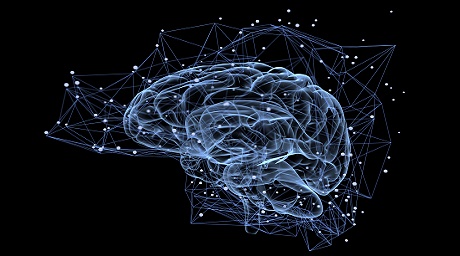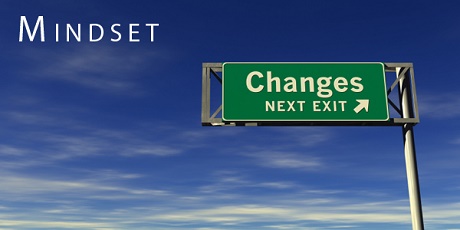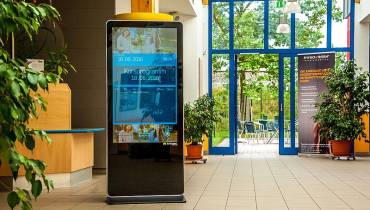How to Cultivate the Right Mindset for All-round Success - Power of Mindset

Carol Dweck, Ph.D., whose research on Mindsets has far-reaching implications.
Are negative, limiting thoughts hindering your happiness and success? Many people are held back by self-limiting thoughts about who they are and all they could be.
But, what if you could break this negative mindset and embrace challenges, criticisms, and even setbacks as a source of strength and growth? Think about all the possibilities that would suddenly open up for you. A ray of sunshine would burst into your life, offering hope and happiness.
According to renowned Stanford University psychologist Carol S. Dweck, Ph.D., you can break free from limiting thoughts and open up possibilities for success throughout your life, business, relationships, and more. How? It all starts with your mindset, she writes in her bestselling book, "Mindset: The New Psychology of Success - How We Can Learn to Fulfill Our Potential."
After decades of research, Dweck discovered the powerful impact of mindset. Dweck explains that it is not just our abilities and talent that bring us success, but rather whether we approach them with a fixed or growth mindset.
Growth vs. Fixed Mindset

Dweck says people with the growth mindset believe that basic qualities like intelligence can be strengthened just like muscles.
It’s not that growth-minded people believe they can become the next Albert Einstein or Michael Jordan if they work hard enough. It’s just that “they believe a person’s true potential is unknown (and unknowable); that it’s impossible to foresee what can be accomplished with years of passion, toil and training,” Dweck says. Because of this mindset, growth-minded people have every incentive to seek out opportunities for improvement and take on challenges to better their circumstances.
People who have a fixed mindset, on the other hand, believe they lost the genetic lottery and, therefore, have little incentive to work hard. Why bother to put in a little effort to build something if you have convinced yourself you are terrible at it, and there is nothing that can change that basic equation?
It’s not uncommon to hear students, for example, say, “I’m one of the people who’s not good at math.” This is especially true of young women and girls in high school and colleges who think that science and math ability are innate for boys. Dweck observes that those young women who think this way have a fixed mindset and tend to perform worse and have less interest in science and math fields than females who believe that those skills can be acquired through hard work.
Think about how different things might be if these young women had been told consistently, “You’re very capable of learning math.” Dweck insists that cultivating the right mindset can motivate kids and help them to raise their grades, as well as help us reach our own goals—both personal and professional.
Ideas to Cultivate the Right Mindset

While most of us are not strictly fixed-mindset people or even purely growth-mindset people (we’re often both), reading Dweck’s book makes one realize that you may have approached some things with a growth mindset (like starting a business) and other things in a fixed mindset (like marketing the same business). This realization can have an outsize impact on your approach to everything else you do life and business.
Here are some potentially life-altering ideas from Dweck’s book that will help you embrace challenges as growth opportunities, cultivate the right mindset for true succes, and to realize your full potential.
1. Start developing a growth mindset.
If you currently have a fixed mindset, there is good news. It’s not a fixed thing. You actually can develop a growth mindset.
“Mindsets are an important part of your personality, but you can change them. Just by knowing about the two mindsets, you can start thinking and reacting in new ways,” writes Dweck.
2. Focus on learning over achievement.
As you go about your life, focus on a growth mindset instead of focusing on your achievements alone. Embrace all the things that have felt threatening: challenges, criticisms, struggles and setbacks. Learn about the brain and all the wonderful ways it can help you grow and overcome.
“Every time they [people] stretch out of their comfort zone, do hard things, stick to hard things their brains form stronger and stronger connections and over time their abilities can grow,” Dweck told The New York Times in an interview discussing her research on women and girls with a limiting mindset.
3. Love the process of growing.
It may be slow, but celebrate every progress you make, every step of the way despite the challenges. “The growth mindset does allow people to love what they’re doing — and to continue to love it in the face of difficulties,” says Dweck in "Mindset."
Contrast that with a fixed mindset. With a fixed mindset, you love the score more, while growth-minded people love what they do more. Oftentimes, growth-minded people don’t even plan to go to the top. They get there as a result of doing what they love.
“It’s ironic,” says Dweck, “The top is where the fixed-mindset people hunger to be, but it’s where many growth-minded people arrive as a by-product of their enthusiasm for what they do.”
4. Work on your physical and creative abilities.
Don’t let a fixed mindset hold you back from what you’re capable of. Just because some people seem naturally good at something, does not mean others can’t do it.
In fact, others can do it sometimes even better with training. Dweck gives an example of Wilma Rudolph, who was hailed as the fastest woman on earth after she won three gold medals for sprints and relay in the 1960 Rome Olympics.
“She [Rudolph] was far from a physical wonder as a youngster,” writes Dweck. “She was a premature baby, the twentieth of twenty-two children born to her parents, and a constantly sick child. At four years of age, she nearly died of a long struggle with double pneumonia, scarlet fever and polio, emerging with a mostly paralyzed left leg. Doctors gave her little hope of using it again.
For eight years, she vigorously pursued physical therapy until at age twelve she shed her leg brace and began to walk normally.”
5. Understand that the journey is the reward.
No matter the outcome of your efforts, even when things don’t go as planned, you still win. This is because there is always a lesson in the journey that will help you grow and become a much stronger and more inspiring person. So value what you’re doing regardless of the outcome.
Dweck adds:
“In the fixed mindset, everything is about the outcome. If you fail—or if you’re not the best—it’s all been wasted. The growth mindset allows people to value what they’re doing regardless of the outcome. They’re tackling problems, charting new courses, working on important issues. Maybe they haven’t found the cure for cancer, but the search was deeply meaningful.”
Remember, as Dweck stresses elsewhere in her book, “Becoming is better than being.”




















